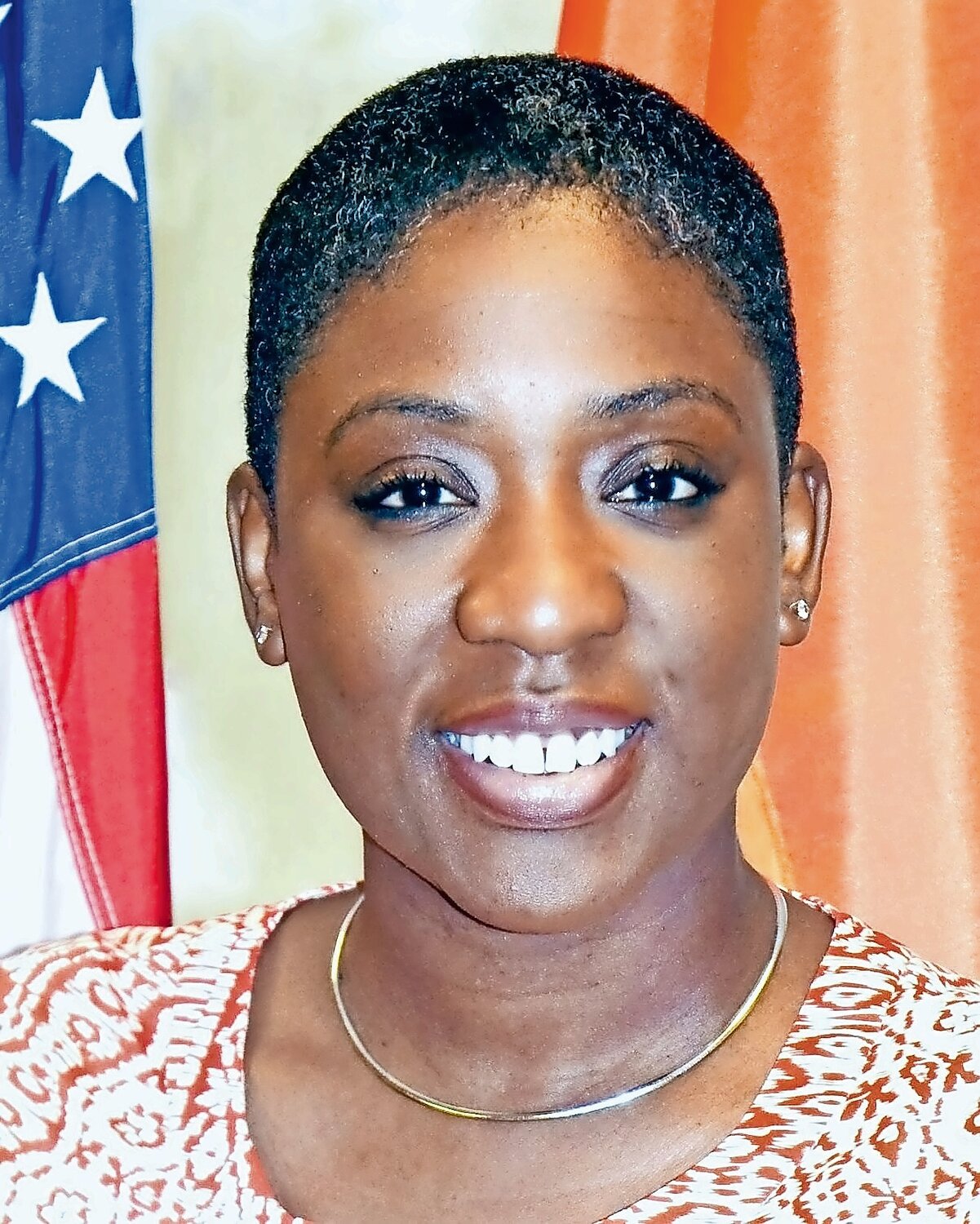Time to address Nassau’s most pressing issues
As we embark upon 2024 and a new term of the Nassau County Legislature, we do so at a truly evolutionary time.
During our organizational meeting on Jan. 8, we welcomed five new legislators as well as six new caucus leaders within our group of 19 elected representatives. As part of that transition, I have accepted Minority Leader Delia DeRiggi-Whitton’s appointment to serve as the legislature’s alternate deputy minority leader. I am humbled and gratified by the decision, and excited for this opportunity to be of greater service to my colleagues, and the residents of Nassau County and our region.
At a time of such profound change, there is value in pausing to review fundamentals of our legislative process, with the term of governing being key among them. Nassau’s legislature operates in two-year cycles, and we have just started our 15th term. Any pending, unresolved legislative items from the prior term expired at the start of the year, and must now be re-submitted as part of the new business before us.
Among the items that were not acted upon were important legislative initiatives that would confront the maternal mortality crisis, add Juneteenth to the county’s list of paid holidays, safeguard our cybersecurity, and protect consumers in the marketplace.
I plan to reintroduce these and other items, including the plan I discussed in a previous Herald column for providing Project-Lifesaver technology to cognitively vulnerable, income-eligible individuals.
As our neighbors in Suffolk County continue to grapple with the fallout from the crippling cyberattack that still reverberates through its daily operations, we are reminded that Nassau County is not immune from this ongoing threat. I will re-file legislation to create an in-house cybersecurity team headed by a deputy commissioner of cybersecurity.
This individual and team would be directly accountable to the county executive for protecting our systems from threats, maintaining the integrity of our IT infrastructure, bolstering resiliency and recovery strategies, and further augmenting the department’s expertise by retaining subject-expert consultants.
We are also tasked with confronting maternal mortality — a crisis which has an especially disparate impact upon Nassau County’s communities of color. Recent data from the state health department reveals the shocking fact that Nassau County’s Black infant mortality rate — recorded at 7.8 per 1,000 live births between 2018 and 2020 — is, in fact, worse than the rates in Brooklyn (6.8), the Bronx (6.9), Manhattan (6.6), and Westchester County (5.9) during the same period.
I will resubmit legislation to establish a dedicated Nassau County task force consisting of department heads, medical experts and maternal health advocates who will be tasked with devising strategies for saving lives, preventing dangerous medical complications, and addressing the institutional health care disparities that have allowed this issue to persist for far too long.
Our work for the new year must also include the re-evaluation of Nassau County’s approaches to protecting consumers from misinformation in the marketplace. Like many of you, I use non-cash forms of payment for many transactions. I enjoy the convenience of not carrying sums of cash with me, and I take comfort in negotiating transactions in the safest possible manner.
While New York state law allows vendors to charge consumers for using credit cards, they must do so within very defined parameters.
One of my biggest frustrations emerges when I see a price posted for a product or service, and then being told I will be charged an additional 3 or 4 percent fee to use a credit card. The correct way to comply with the law is to post the higher credit card price — preferably alongside the cash price — but the law is commonly misapplied.
Faced with this landscape, I have reintroduced legislation that would direct Nassau’s consumer affairs department to create, plan and oversee regular educational outreach to merchants and consumers. This would be done through direct mail, digital means such as websites and social media, and PSAs – on state laws governing cash discount policies.
To aid consumer affairs in any necessary enforcement, a dedicated hotline and/or online portal for reporting possible violations also would be established.
My goal is to educate business owners so that they self-correct their practices. Accordingly, the law provides for a three-month grace period, during which time a business will be given five business days to cure violations.
However, enforcement is an essential arm of any consumer protection strategy. If a violation is not cured during the five-day window — or a violation occurs after the three-month grace period — the business owner in question will be fined up to $500 for each violation.
I hope that this overview of my priorities for the initial stages of the new term underscores the important and diversified role of our legislature in the daily lives of the people we are entrusted with serving.
Your input is crucial for focusing and expanding the scope of our efforts, and I am looking forward to working with you to make Nassau County a more vibrant, inclusive, and prosperous place to live, work, and raise a family.
Siela A. Bynoe, of Westbury, is the alternate deputy minority leader of the Nassau County Legislature.

 43.0°,
Partly Cloudy
43.0°,
Partly Cloudy 




